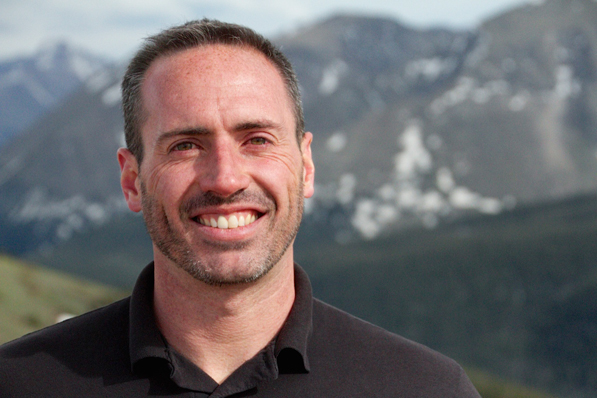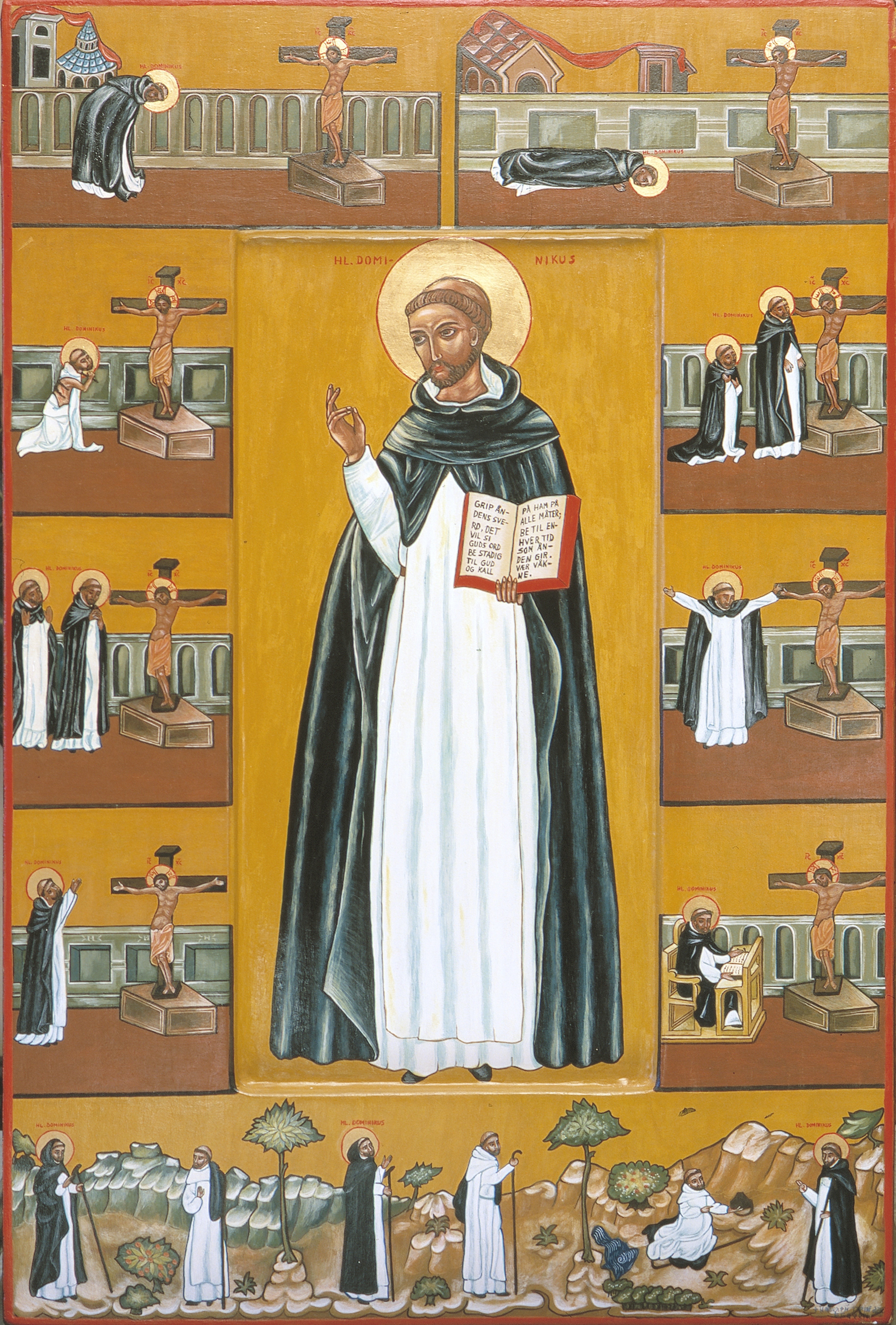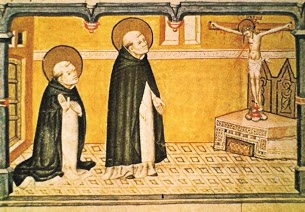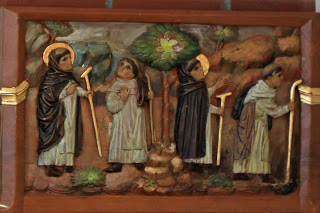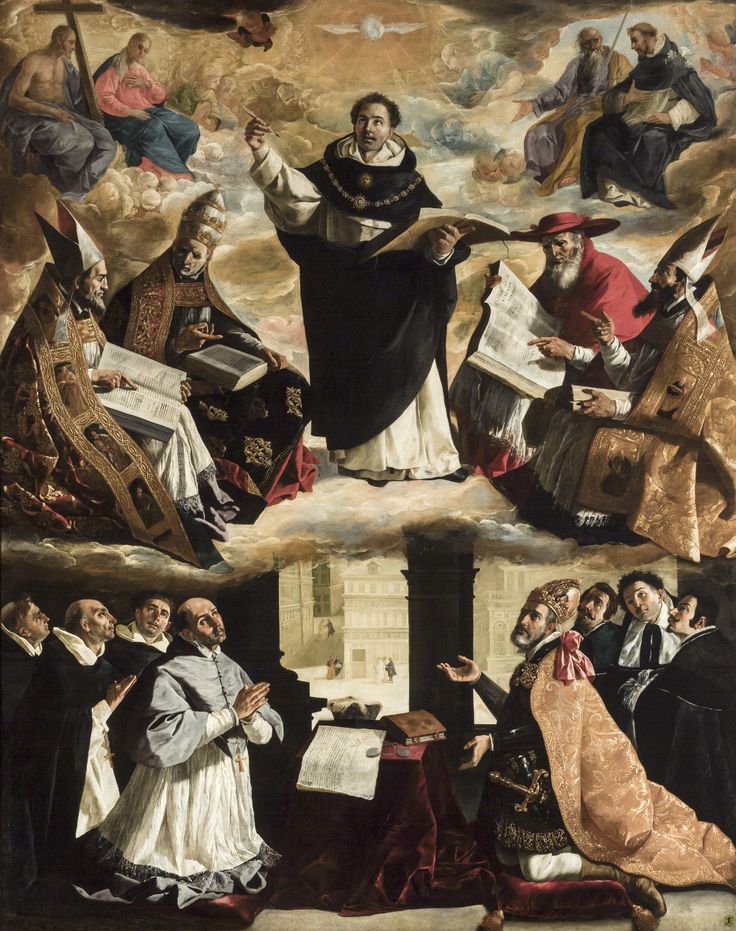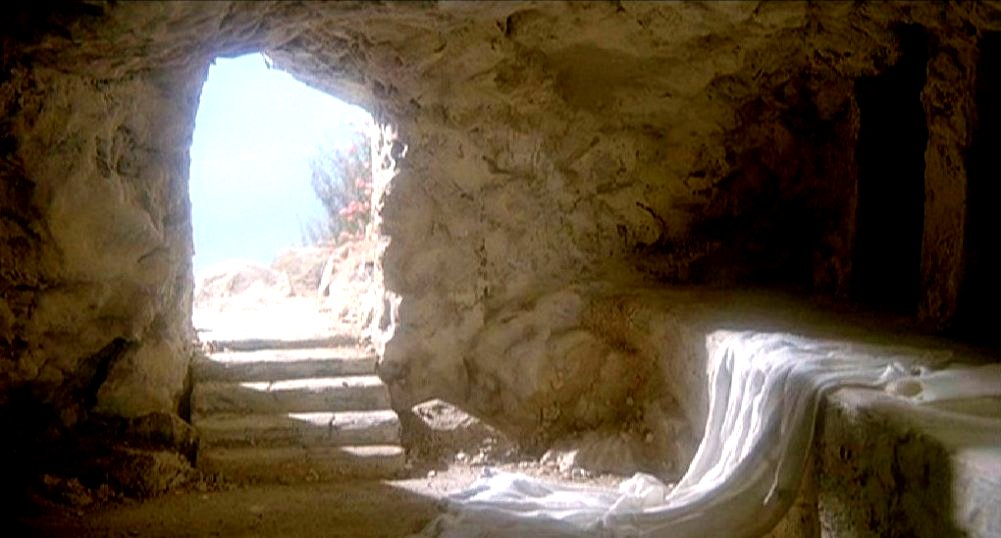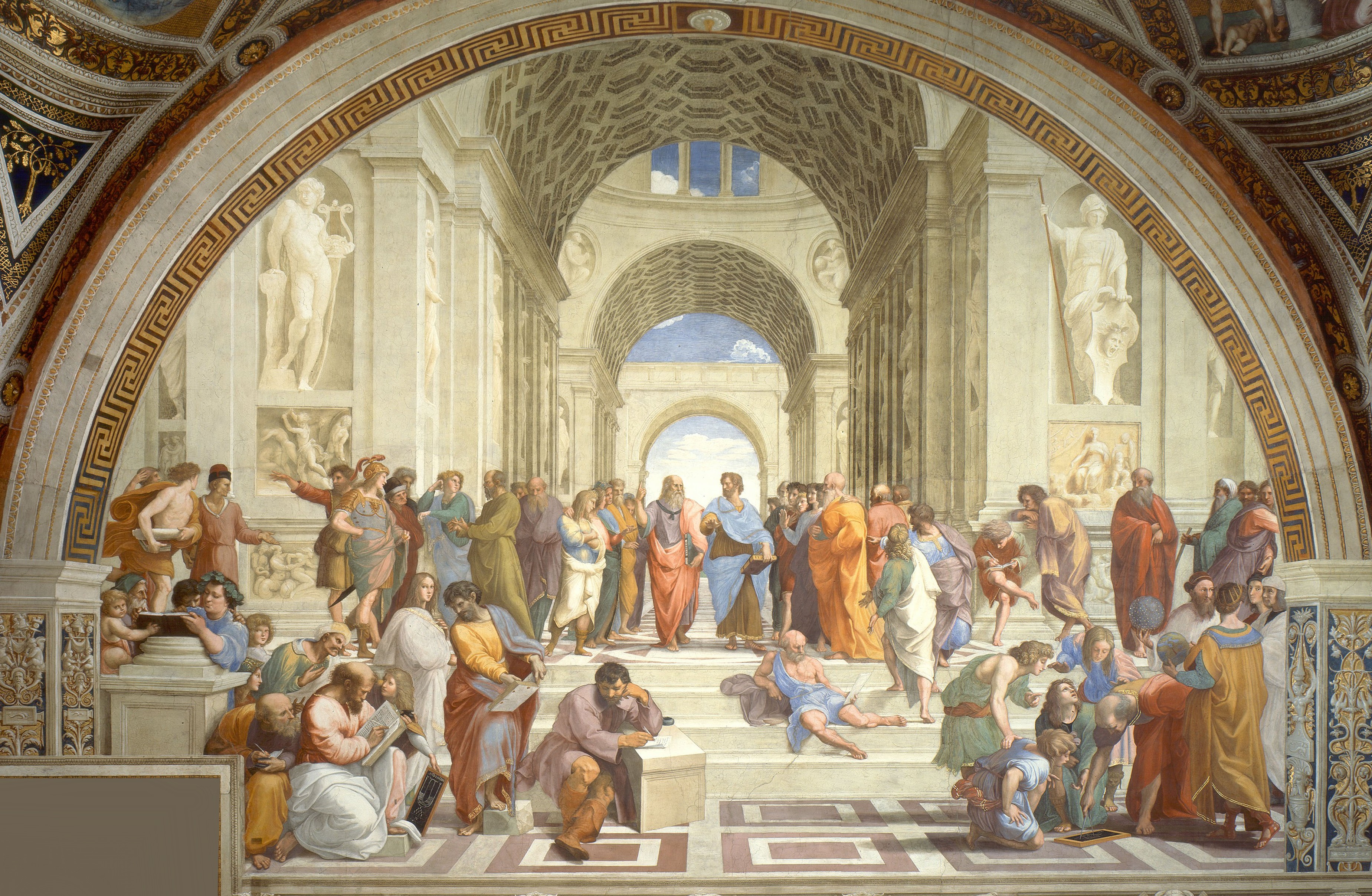
-Raphael’s ‘School of Athens’, 1504, please click on the image for greater detail.
The Catholic Church makes some rather strong claims, now and consistently throughout her two thousand year history. These claims, while understood by serious Catholics, are in modernity, couched in such language as to deliver “truth-in-love” without necessarily exasperating or panicking the listener out of either fear, defensiveness, or anger. These are not the hallmarks of intentional dialogue, either by secular mores or Christian.
Well and good, I say. There is no rational, proper, or polite reason to put emotive obstacles in the way of potential candidates, listeners, aspiring admirers, or intellectual curiosity seekers of the Church.
However, for the sake of brevity and clarity, let us be clear here. The Catholic Church’s primary claim, in a nutshell, is “We are made for happiness!” Now, that wasn’t so bad, was it? Nah. That almost everyone, except the mentally or emotionally ill/disturbed, sadists, or other misanthropes may take issue with. Catholic thinkers, though, would argue even the negative Nells above are still seeking happiness. It is irrational not to seek happiness. The Church would add, though, for those who seek it through disordered means it is impossible to find; truly, completely, without equivocation. Those merely in denial need not apply. They will only add to their sorrows. Truth is a bitch, because it is the hardest thing to hold and maintain. It costs, but its rewards are sweet and infinite, transcending this mortal existence.
Another word the Church uses is beatitude, or utmost bliss. We are made for this bliss, always have been, the Church would say, whether in Eden or Heaven. The Greeks struggled to understand their/the world. They understood intellectual or theoretical perfection such as a circle, or a triangle, or the aesthetic perfection of mathematics. They also understood the imperfection of reality. What made a tree a tree? How did things unknown/unknowable grow into things recognizable and known? How can this be? It is from the earliest Greek thinkers the idea and word “soul” comes.
Early thinkers among the Greeks were known as Sophists. Contrary to their name, they believed nothing was knowable, there was no objective truth or morality, and, basically, anything goes. This type of thinking, ideas have consequences, led the Athenians into pointless wars, un-winable wars with its adversary Sparta. When the Athenians had been defeated as an independent city-state for the last time, along came Socrates, who had been a soldier, but now began asking questions of “experts” whom, he assumed, should know the “why” of their expertise. They did not.

-‘Death of Socrates’, Jacques-Louis David, 1787, oil on canvas, 129.5 cm × 196.2 cm (51.0 in × 77.2 in), Metropolitan Museum of Art, New York, please click on the image for greater detail.
For Socrates, “knowledge is virtue, and ignorance vice”. What is a good life? What is good? What is evil? How should we live? He became so annoying to the elites of Athens with his questioning, making them them plainly appear the fools they were, Athens held a trial and condemned Socrates to banishment or death. Few stories save the Passion of our Lord itself, strive in the Western mind to be more compunctive than the trial and death of Socrates.
Plato was the student of Socrates, and attempted to continue his work by opening a school. The motto “Know Thyself” was placed over the door of Plato’s Academy and marked an important change of emphasis in Greek and other philosophy, one from studying external mysteries of the universe, to the equally, or moreso, daunting interior exploration.
For Plato, attempting to explain the nature of theoretical perfection of the mind versus the reality of the world surrounding us, those two realities bifurcated into a theoretical realm of perfection “Ideas”(Heaven?), as Plato called them, and the physical world, which Plato held askance as almost not real because of its constant change and nature of being in flux from the perfect. As advanced as Plato’s reasoning was, he could not reconcile the concepts of permanence and change in a single world.
Along comes Aristotle, a student of Plato, teacher of Alexander the Great, and inspiration for St Thomas Aquinas. Aristotle rejected Plato’s two worlds concept. Rather, Aristotle explained the physical world in terms of form (or theoretical/intellectual perfection) and matter, which changes. He also explained the concept of the material world’s ability to change as act (fully realized reality) and potency/potential, the ability of something in its current state to become something else. Act & potency made me think of kinetic and potential energy, but I digress.
“Socrates had made knowledge the equivalent of virtue. Aristotle, however, emphasizes the fact that to know is not the same as to do. In the realm of acting the fact of free will makes it possible for us to choose in contradiction to what we know is right. He stressed, therefore, the importance of developing the virtues in man for the strengthening of the will and for the control of the animal appetites.”1
Through reason ALONE we can come to proofs by reason that God does indeed exist, even Aristotle acknowledged this. It is beyond the scope of this post to explore them, but they exist. You can google them. 🙂
Love & reason,
Matthew
- Sullivan, Daniel J. (2015-09-23). An Introduction to Philosophy: Perennial Principles of the Classical Realist Tradition (Kindle Locations 696-698). Ravenio Books. Kindle Edition.




